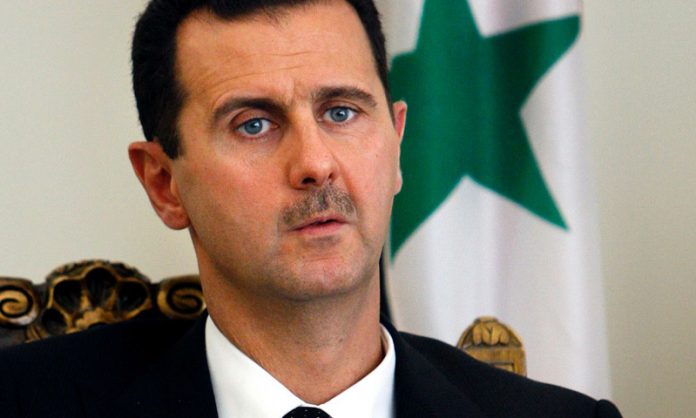Once labelled a pariah, Saudi Crown Prince Mohammed bin Salman took centre stage as master of ceremonies last week when Arab states readmitted Syria to the Arab League, signaling to US who calls the regional shots.
His effusive greeting of President Bashar al-Assad at the Arab summit with kissed cheeks and a warm embrace defied U.S. disapproval at Syria’s return to the fold and capped a turnabout in the prince’s fortunes spurred by geopolitical realities.
The prince, known as MbS, seeks to reassert Saudi Arabia as a regional power by using his place atop an energy giant in an oil-dependent world consumed by the war in Ukraine.
Skeptical of U.S. promises on Saudi security and tired of its scolding tone, MbS is instead building ties with other global powers and, regardless of Washington’s consternation, remaking his relations with their shared foes.
His blithe confidence on the world stage was not only visible in his reception of Assad. Ukrainian President Volodymyr Zelenskiy came to the Jeddah meeting and MbS offered to mediate between Kyiv and fellow oil producer Moscow.
To be sure Saudi Arabia still depends militarily on the United States, which saved it from possible invasion by Saddam Hussein’s Iraq in 1990, monitors Iranian military activity in the Gulf and provides Riyadh with most of its weapons.
Still, with Washington seemingly less engaged in the Middle East and less receptive to Riyadh’s anxieties, MbS is pursuing his own regional policy with less apparent deference to the views of his most powerful ally.
“This is a strong signal to America that ‘we’re reshaping and redrawing our relations without you’,” said Abdulaziz al-Sager, Chairman of the Gulf Research Center, of the summit.





